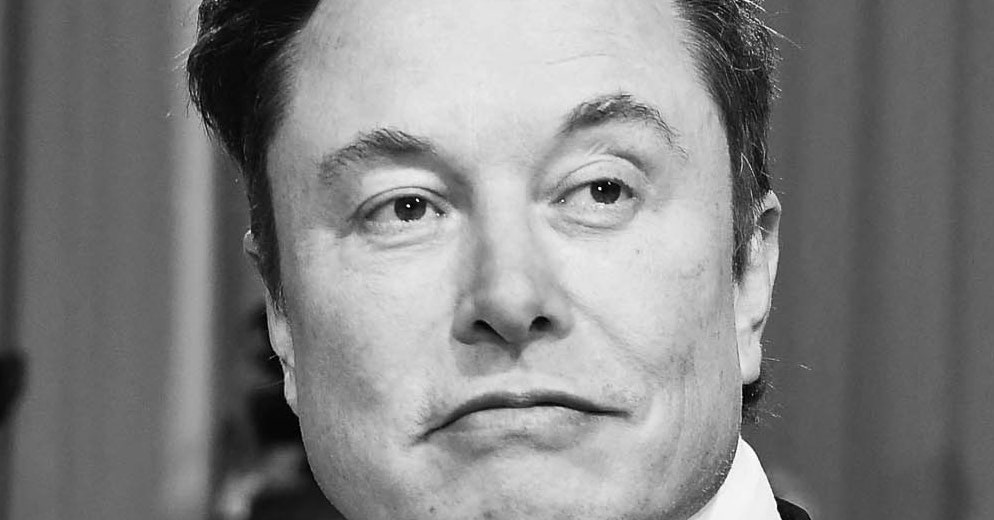Social media moderation platforming is hard. Just ask the former Twitter employees whose decision to block a 2020 New York Post story about Joe Biden’s son Hunter was picked up yesterday on tweets from Substack writer Matt Taibbi.
Or ask Elon Musk, the owner of Twitter and self-proclaimed Chief Twit, who hyped Taibbi’s tweets, which were littered with screenshots purporting to show internal company messages. Despite being billed as evidence of a history of political bias at the company, the records showed people trapped in a trap now ensnaring Musk himself, who must make tough decisions about what to allow on Twitter.
The tweet thread, which Taibbi dubbed the “Twitter Files,” shows corporate executives scrambling to make a thorny moderation call in a no-profit situation. With a presidential election approaching, the New York Post reported that a Hunter Biden laptop contained evidence that he improperly attempted to broker a meeting between a corporate client and his father when Joe Biden was US Vice President.
Emails and messages in screenshots posted by Taibbi show what one executive called a “whirlwind” as some of Twitter’s policy and trust and security staff questioned an initial decision to block sharing of the story due to violating the platform’s policy regarding the distribution of hacked material. (The provenance of the laptop, and whether any of the files on it really belong to Hunter Biden, remains unclear.)
The screenshots showed a warning from an employee: “We’re going to get some tough questions about this if we don’t have solid reasoning.” A corporate lawyer opined that it was “reasonable for [Twitter] to believe that the material obtained by the newspaper has been stolen. Other screenshots showed Twitter executives seeking advice from a Democratic member of Congress and tech industry lobbyists.
What has the world learned about Twitter’s handling of the incident from the so-called Twitter files? Few. After all, Twitter reversed its decision two days later, and then-CEO Jack Dorsey said the moderation decision was “wrong.” Instead, the thread provided new fodder for conspiracy theories circulating about the laptop saga, including the insinuation — unsupported by evidence — that government officials intervened to After story.
But the most glaring lesson from Taibbi’s thread may apply to Musk himself, who has made major moderation decisions on Twitter almost unilaterally.
In the past two weeks, Musk reinstated former US President Donald Trump’s account based on the results of a Twitter poll and unblocked a string of other users who had previously been banned from the site for violating content rules. Musk too defended the return of Ye, the rapper formerly known as Kanye West, whose account was blocked in October after Ye posted an anti-Semitic tweet. (Restricted accounts will still appear on the platform, but users will not be able to post or interact with them.)
Yet Musk announced this week that Ye would be completely suspended again after tweeting an image of a swastika in the Star of David. His reasoning, that academics and journalists have called out as unclear was that the post violated Twitter’s rule against inciting violence.

